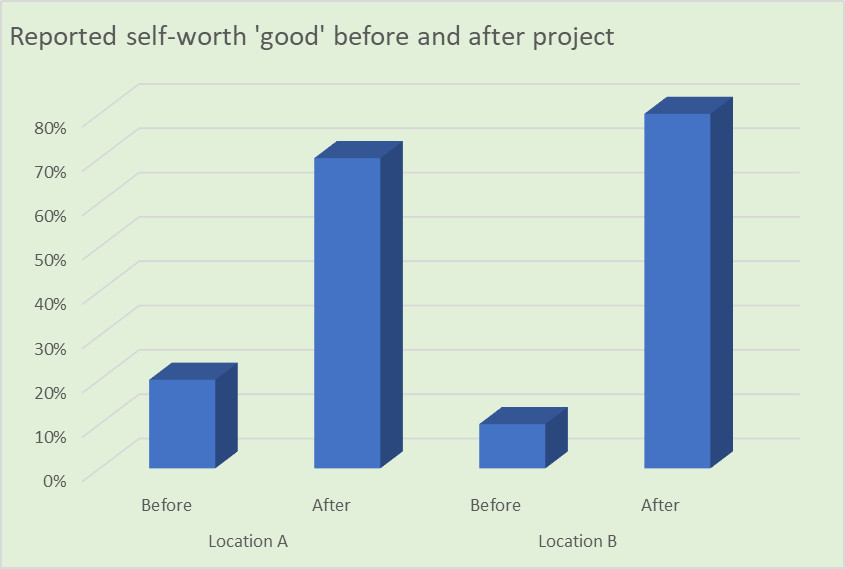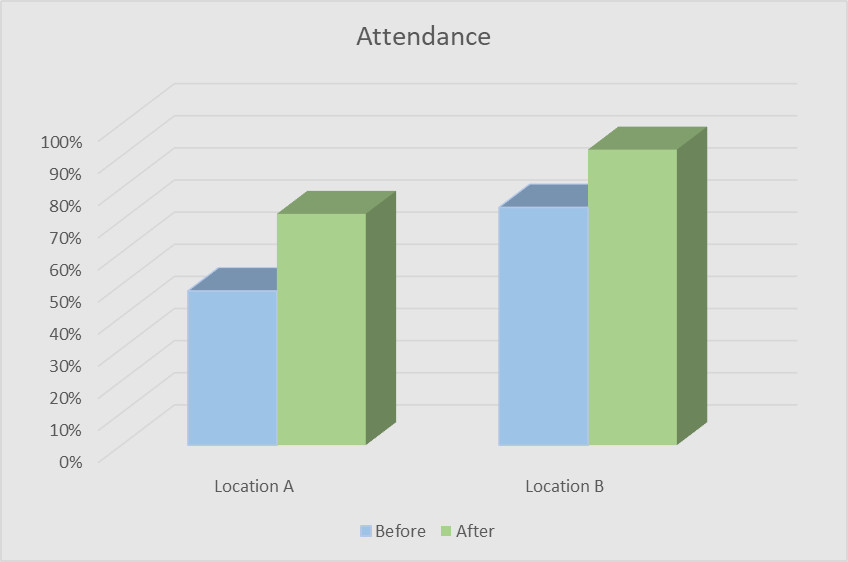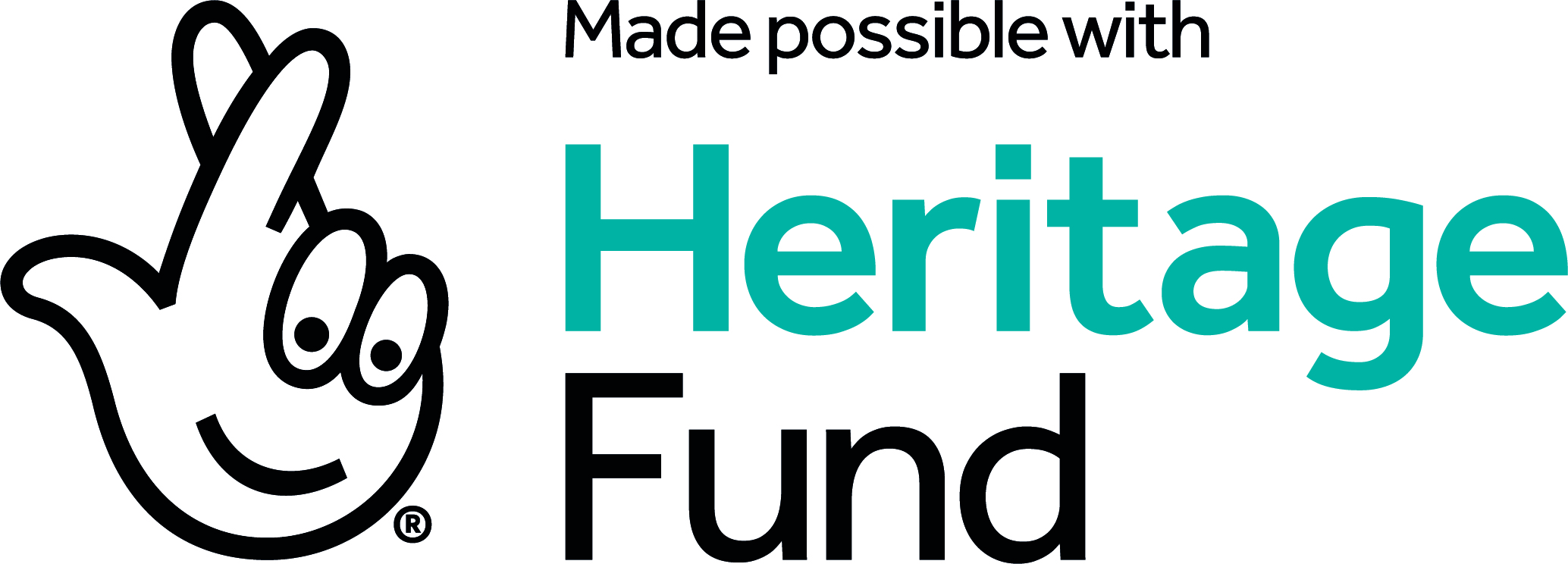Shore Things - outcome of pilot
A pilot programme was run over three months, April - June 2023, in four schools. Outcomes are covered below. It is worth noting that the project deliberately targeted children with attendance issues, special needs, or who were showing signs of anxiety or disengagement at school.
We think the outcomes are remarkable. At this very early stage of the project obviously they relate mostly to the first Educational/Developmental category of its objectives.
We think the outcomes are remarkable. At this very early stage of the project obviously they relate mostly to the first Educational/Developmental category of its objectives.
Children
“I’m not good at doing school stuff. But I am good at this!”
“Real life actual science people are using the pictures we sent them. And they are going to put them in with other grown ups pictures and that tells them how much the sea is warming up. And maybe it will tell us what we can do to make sure animals in the sea are still OK”
“I have learned lots doing this. I told my dad to bring me here after school and I showed him where the animals are. He never knew!”
“It's just nice doing this learning stuff outside. We still have to do stuff and make our brains work the school way, but my brain likes it more when we are here,”
“I didn’t like it being different and I was really worried at the start because I didn’t know what it would be like and I thought I would get it all wrong and get into trouble and miss would be cross because I’m no good at doing what I am told but it turned out that we did good and this museum wanted our work and this lady sent an email saying loads of school children saw our stuff and then they did it. So maybe we aren’t that stupid!”
“We made a difference. Lots of people won’t know that we did that, but we will.”
“I am a real live scientist.”
Parent
“Ever since he has been in school he has struggled. His ADHD and autism mean he finds sequences of instructions hard and he finds formal learning really challenging. The school are great at supporting him already, but children know when they are behind the others. But during this project, because he didn’t mind getting covered in mud, he was the one finding some of the animals and seaweeds. He had to explain to the others how to look, how to get through the mud. And he had to support children who usually, academically, support him. The confidence change in him has been remarkable. Thank you.”
“My son is an unstoppable, amazing little human and it makes me so happy when other people see him sparkle too. The environment makes such a difference. He cannot stop talking about his days here. Thank you so much.”
“I have learned a lot from my daughter. She has been so engaged with these sessions, she has repeated them for us - we are taken down to the beach and she teaches us what she has learned. I’m so impressed!”
Teachers
"Our targeted children have attendance issues. They haven’t missed a session. That says it all.”
“I can see a clear change in the stress in the children after the sessions. The tension in their shoulders is reduced. They carry themselves differently.”
“What has been absolutely wonderful is watching child X. He has a wealth of additional needs and really struggles in school. But here, he is engaged. He’s been responsible for a research task and has had to offer instructions. He has come alive. When I spoke to his mum she said he has dragged her down to the beach 2 nights a week to complete his project. He’s told her about seaweed. She was astounded - this is a child who struggles with his language and who rarely speaks.”
“The children asked what they can do to help the situation we outlined with baby crabs. We referred the question back to them and asked them what they thought they could do. They developed a plan, spoke to the staff and local sailing club and created a log to observe. But they decided to also try and help - they created mini habitats and watched how they were used, how the structure remained against the tide and how they needed to be improved. This was all independent work - they heard about the problem and set about fixing it.”
We also obtained (necessarily limited) quantitative data. The first graph below shows response to a question about the chlidren's self-worth prior to and after the project. Responses were categorised as 'good', 'neither good nor bad', and 'bad'. The graph shows the striking increase in 'good' responses, which correlates very well with the children's quotes above.
The second measure was simple attendance for the course, which given that many children had real attendance issues is also very positive.
The second measure was simple attendance for the course, which given that many children had real attendance issues is also very positive.





